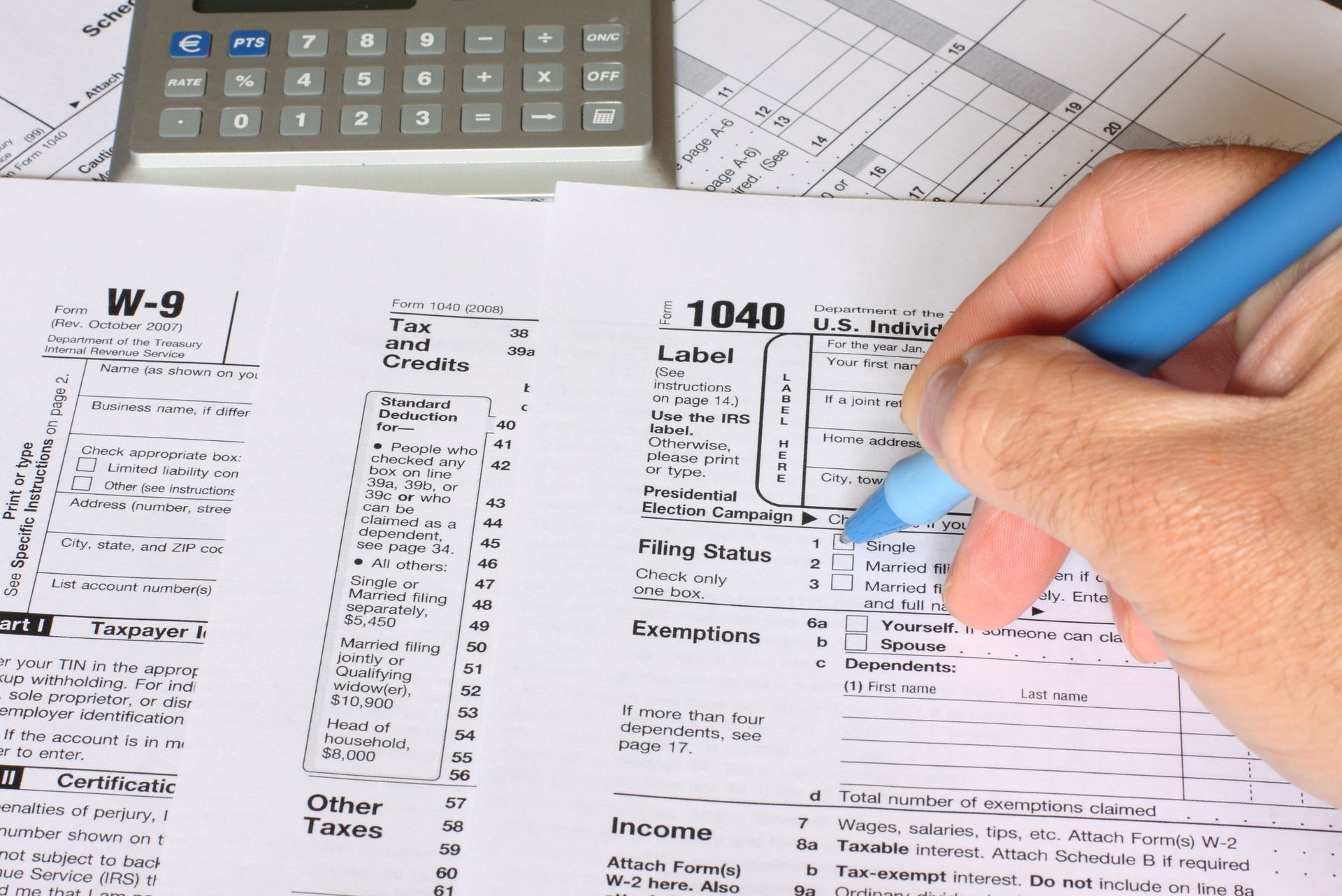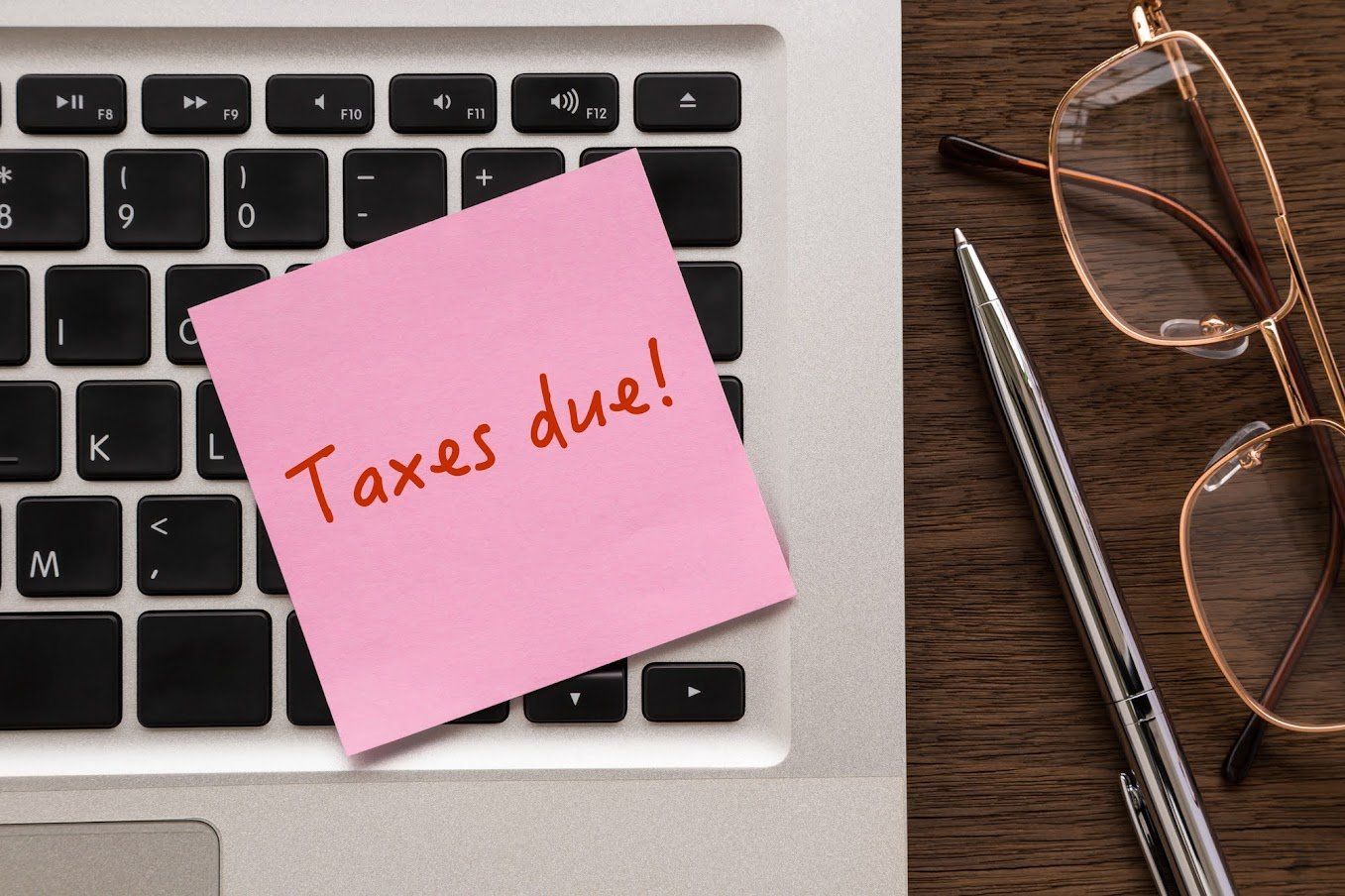The Do's and Don'ts of Accounting for Credit Card Charges
Do you use a business credit card? If so, do you know if you're handling it correctly in your business accounting books? There's a good chance that you're not and that you may make some common mistakes when accounting for credit card charges and payments. To help you understand what to do and not to do with company credit card expenses, use these key do's and don'ts.
Do Post In Advance
Enter credit card statements or charges as an accounts payable item as soon as the paperwork comes in. The sooner you put these expenses into your system, the more information that management will have about what is owed and when. If the business uses this credit card regularly — particularly if charges add up quickly — failure to include them in cash flow projections could leave you with a large surprise bill.
If you aren't set up to enter invoices and charges into the books before they're paid, take the time to work with a bookkeeper to get this in place. As the business grows, this will only become more important.
Don't Post Just a Portion
What if you only plan to pay a portion of the full credit card statement amount? No matter what the business can or cannot pay, include the entire amount of the monthly statement or all individual charges when posting to your accounting software.
What's the reason? If you don't include everything, the company's financial obligation is understated and financial statements will be incorrect. Depending on whether your company uses cash or accrual accounting, you could even be in violation of IRS rules. In addition, the calculation of job costs or project expenses won't be accurate until every charge is included.
Do Use Different Accounts
When you do enter credit card charges, avoid the temptation to take a shortcut by placing everything into one — or just a very few — categories. It takes time to determine what accounts each charge should be placed into, but this is the only way to ensure accurate books. Failure to put charges in the right buckets means inaccurate financials and could even cost your company at tax time.
Don't Misclassify Fees
While you figure out the right categories for charges, keep an eye out for expenses that aren't actually charges. Many business credit cards charge an annual fee, for instance. You may also have to pay interest if the prior balance hasn't been paid in full. You may also have transaction fees or international conversion fees. Charge these to specific accounts after consulting with your accountant.
Including fees and interest in the wrong places risks artificially increasing the cost of goods sold or individual job expenses. This can also camouflage how much the credit card costs the company, rendering it difficult to make the best decisions with your money.
Do Reconcile the Statements
Never assume any charges on a business credit card are correct. Match up receipts with charges on each statement. Research discrepancies. And ensure you know who makes which charges.
Credit card errors can easily include technical problems, double postings, missed refunds, fraudulent use, and even employees misusing card privileges. If you don't stay on top of the statements, errors may never be fixed and problems may compound. Don't have time? Outsource this task to a bookkeeper who can do it properly.
Is your company lacking in any of these important areas of credit card management? If so, start creating a better system today by meeting with an experienced accountant or bookkeeper today. At Bliss & Skeen Certified Public Accountants, our accounting team can help. Call today to make an appointment and go over your particular credit card challenges.
















